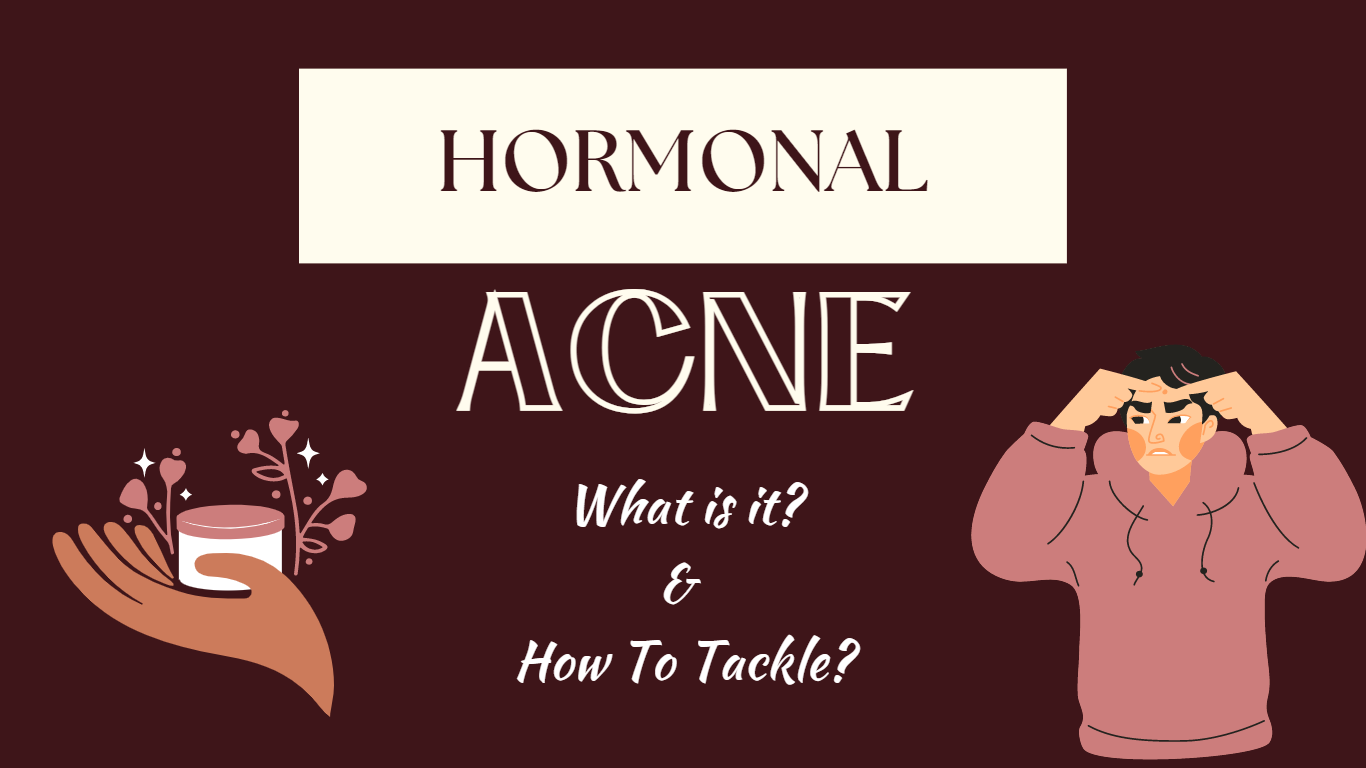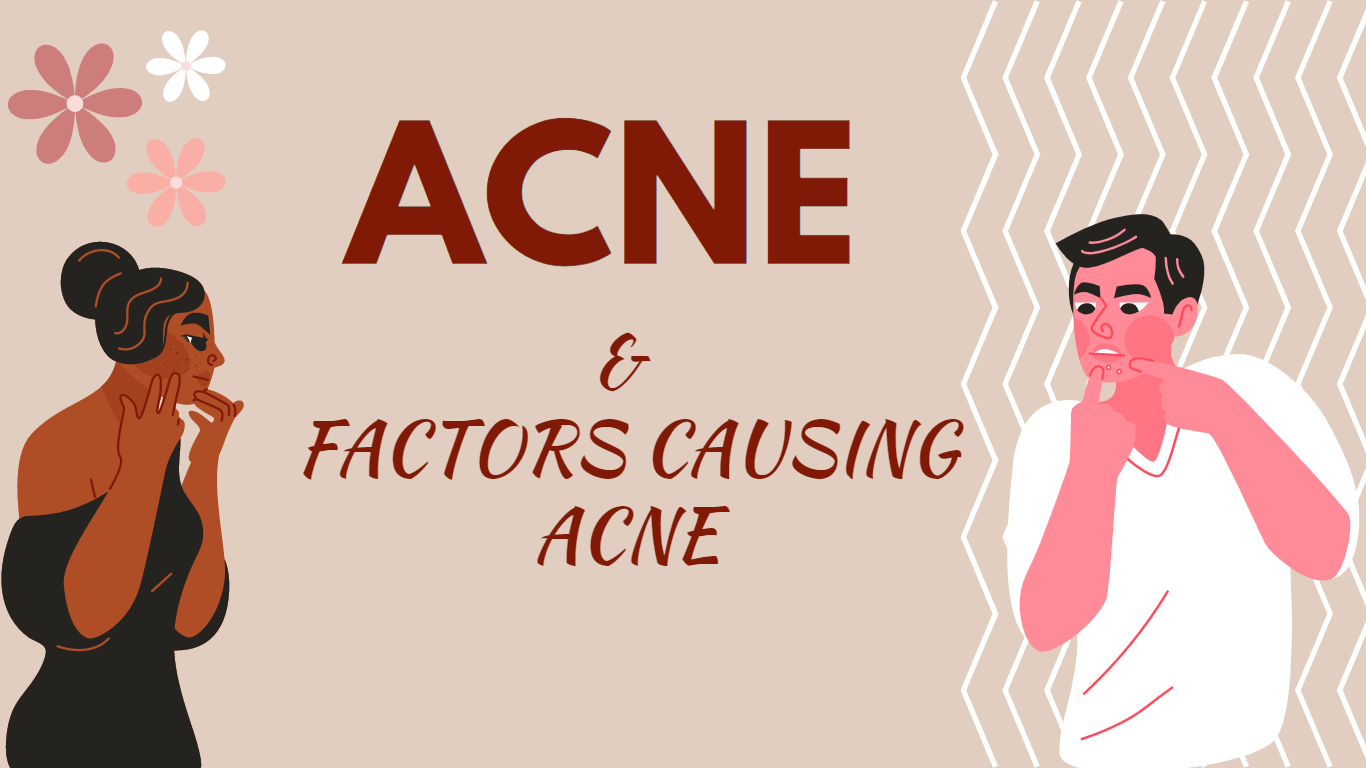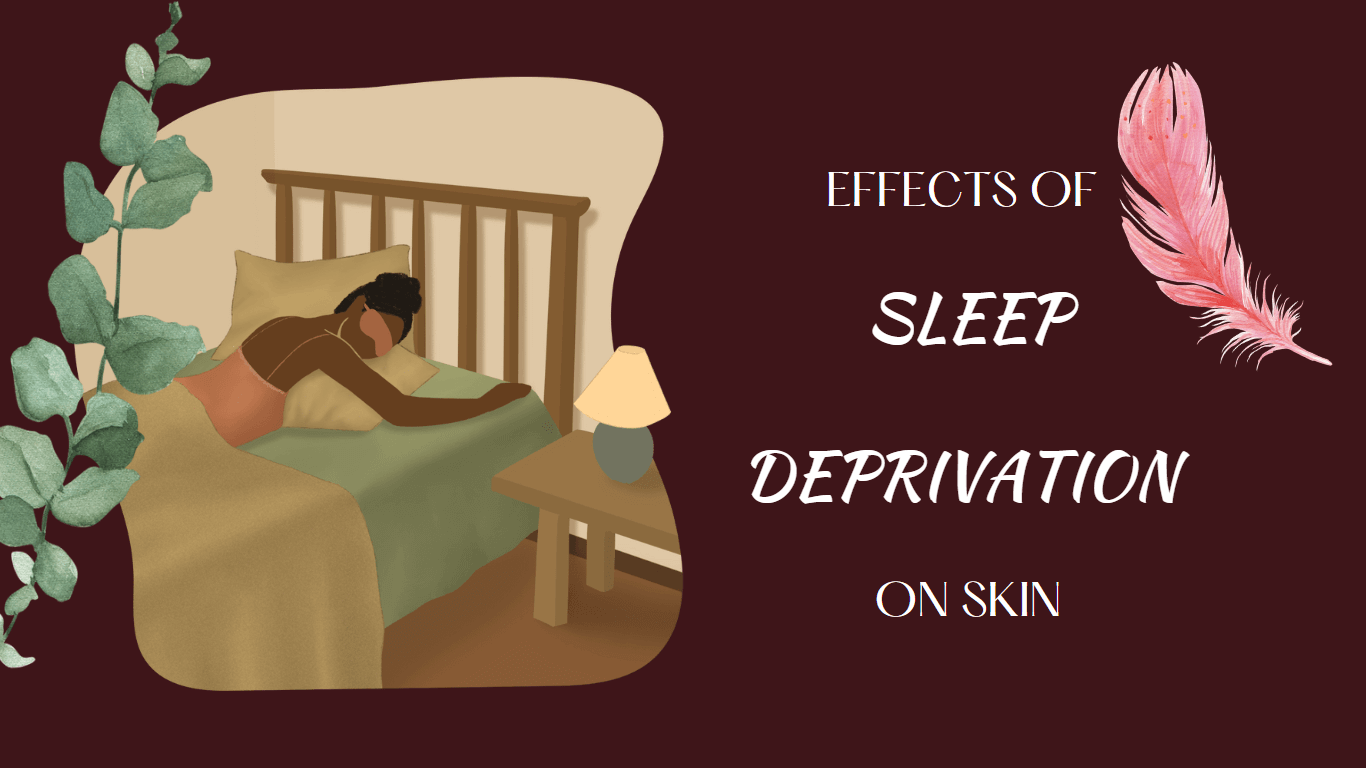Hormonal acne is a type of acne that occurs due to hormonal changes in the body. These hormones cause oil glands to produce excess sebum. The sebum then clogs pores causing pimples. Hormonal acne is often triggered by puberty, pregnancy, menopause, and perimenopause.
For Women, It is caused by the release of hormones in the body, especially estrogen. Estrogen causes oil production in the skin and clogs pores. As a result, pimples appear. In addition, the increase in sebum production may lead to blackheads and whiteheads.
Types of Hormonal Acne:
1. Male Patterned Acne (MPAC)
Male patterned acne is caused by hormones. In males, testosterone levels increase during puberty and then decrease after menopause. Testosterone causes sebum production, which increases oil production in the skin. When the body produces more oil than normal, bacteria multiply faster and cause clogged pores. This results in blackheads and whiteheads.
2. Female Patterned Acne (FPAC)
Female patterned acne is caused primarily by estrogen. Estrogen stimulates sebaceous glands to produce excess oil. As the follicles become blocked, they swell and turn red. These pimples often appear around the chin, jawline, neck, chest, and back.
3. Acne Rosacea
Acne rosacea is a chronic condition that affects the face and sometimes the scalp. It is characterized by small bumps and pimples that may develop into open sores. The exact cause of acne rosacea is unknown. However, some factors that have been linked to its occurrence include genetics, hormonal changes, and certain medications.
The following factors may contribute to hormonal acne:
- Stress
- Diet
- Excessive exercise
- Certain medications
- Birth control pills
- Pregnancy
- Menstruation
- Breastfeeding
- Endometriosis
- Polycystic ovary syndrome (PCOS)
- Thyroid problems
- Hashimoto’s disease
Hormonal Acne Causes:
The cause of hormonal acne is not known yet. However, some factors have been identified as contributing to its occurrence. These include:
1. Stress
Stress is something we all experience at some point in our lives. Stress can cause acne breakouts due to hormonal changes. When you feel stressed out, your body releases hormones called cortisol and adrenaline. These hormones help us deal with stressful situations, but they can also lead to acne breakouts. If you have been experiencing high levels of stress lately, try to relax and take time off to clear your mind.
2. Diet
If you eat junk food, then you may notice that your skin becomes oily and breakout-prone. Junk foods often contain unhealthy fats and refined carbs that make your body produce excess oil. To avoid these types of foods, stick to whole grains, lean meats, fruits, vegetables, and nuts.
3. Genetics
Some people are born with a genetic predisposition to acne. If you have a family history of acne, you should talk to your doctor about using prescription medications to treat your acne. However, if you do not want to use medication, you can still manage your acne naturally. Try to keep your diet clean and avoid eating junk food. You can also use natural remedies to reduce inflammation and prevent future breakouts.
4. Medications
Some medications can cause acne breakouts. Talk to your doctor before taking any over-the-counter or prescription drugs. Your doctor may recommend alternative treatments instead.
5. Bacteria
Bacterial infections can cause acne breakouts, especially if you are prone to picking at your face. Use antibacterial soap and wash your hands frequently. Cleanse your face thoroughly after touching your face.
6. Pregnancy
Pregnant women often suffer from acne breakouts. This is caused by hormone fluctuations and increased sebum production. Make sure to get plenty of rest and drink lots of water to stay hydrated.
Hormonal Acne Diet:
It is best to avoid stress and diet changes before starting any treatment. If you notice that your acne worsens after eating certain foods, then try avoiding those foods. You should also avoid taking certain medications.
1. Avoid dairy products
Dairy products have been linked to acne outbreaks. Dairy foods are high in hormones, which may cause hormonal imbalances in the body. These imbalances can lead to breakouts. If you want to avoid dairy, try eating cheese-free cheeses, yogurt, milk, ice cream, butter, sour cream, and cottage cheese.
2. Eat plenty of fruits and vegetables
Fruits and vegetables are packed with vitamins and antioxidants that help fight free radicals and prevent acne. Try to eat at least five servings of fruit and veggies each day.
3. Drink lots of water
Drinking enough water helps flush toxins out of the body, keeping skin clean and clear. Make sure you drink eight glasses of water daily.
4. Use natural remedies
Try using natural remedies to treat acne. You can use apple cider vinegar, aloe vera gel, tea tree oil, and witch hazel to reduce redness and inflammation.
5. Get regular exercise
Exercise keeps the body strong and healthy, and helps keep skin looking young and fresh. Exercise also boosts self-esteem and confidence, which can help improve your mood & relieve stress.
6. Don't overdo it
If you're trying to lose weight, don't starve yourself. Instead, focus on eating small meals throughout the day. Also, make sure you get adequate sleep. Lack of sleep causes your body to release cortisol, which makes you gain weight.
7. Keep your hands clean
Wash your hands frequently to remove bacteria that could clog pores and cause acne. Wash them after touching dirty surfaces and before applying makeup.
Hormonal Acne Treatment:
There are various treatments for hormonal pimples. One of them includes using topical products containing retinoids. Retinoids are derivatives of vitamin A. They help reduce inflammation and prevent bacteria from entering the pore.
Topical treatments include benzoyl peroxide, salicylic acid, sulphur, and resorcinol. Dermatologists advise using Salicylic Acid Cleanser, as it helps remove dead cells and unclog pores. Benzoyl peroxide is commonly used to treat acne. Sulphur kills bacteria and reduces inflammation. Resorcinol is a chemical that controls oil production and prevents bacteria from entering the pores.
Oral treatments include antibiotics and anti-inflammatory drugs. Antibiotics kill bacteria and prevent infections. Anti-inflammatory drugs control swelling and redness.
Natural Remedies
1. Baking soda
Baking soda is a great natural acne treatment! It works by absorbing oil and dirt from pores and helps prevent clogged pores. You can use baking soda directly on blemishes or mix it with water to make a paste and apply it to your face.
2. Apple cider vinegar
Apple cider vinegar is another great home remedy for acne. Mix equal parts apple cider vinegar and water and then apply it to your skin. Leave it on for about 10 minutes before rinsing off.
3. Honey
Honey is a great natural acne solution. Just mix honey and lemon juice together and rub it onto your face. Let it sit for 15-20 minutes and rinse off.
4. Milk
Milk is a great natural acne cure. Soak a cotton ball in milk and place it over your blemish. Cover with a bandage and leave it overnight. In the morning, remove the bandage and wash your face.
5. Tea tree oil
Tea tree oil is a powerful natural acne treatment. Simply mix tea tree oil with coconut oil and put it on your face. Let it dry and then rinse off.
6. Lemon
Lemon is a great natural acne remover. Cut half a lemon in half and squeeze out the juice. Apply the juice to your face and let it sit for 5-10 minutes. Rinse off with warm water.
7. Aloe vera gel
Aloe vera gel is a soothing natural remedy for acne. To use aloe vera, cut open the leaf and scoop out the gel. Apply the gel to your face and allow it to soak in. After 20 minutes, gently massage the area where you applied the gel.




Leave a comment
All comments are moderated before being published.
This site is protected by hCaptcha and the hCaptcha Privacy Policy and Terms of Service apply.